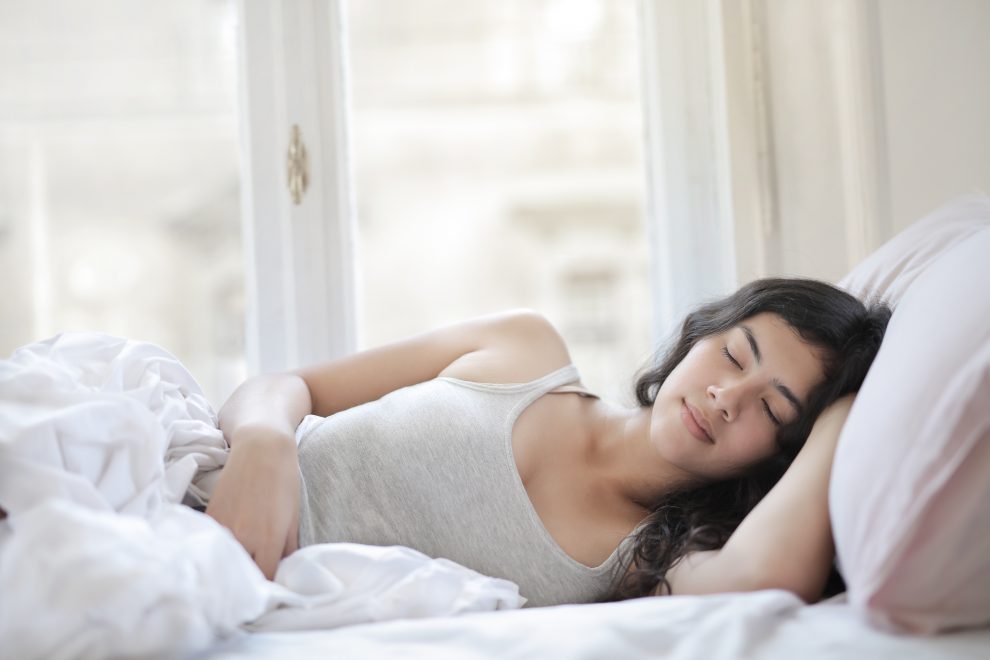8 Ways to Naturally Fall Asleep Without Any Medication
Getting tired of lying in bed and not falling asleep can be a distressing experience for people with insomnia. There are various ways that people can try to get back to sleep naturally. Some of these are long-term solutions, while others are short-term fixes.
It’s important to find ways to get sleep naturally without the use of sleeping pills. This type of medication can be addictive and cause adverse health effects when used for too long. To help you break the cycle of using sleeping pills, users should get sleeping pill addiction treatment then try some of the tips for falling asleep naturally below.
1. Create a Sleeping Pattern and Stick to It
For most people, going to bed at different times each night is a common practice. However, this could interfere with their sleep. Circadian rhythm is the body’s natural 24-hour cycle, and this rhythm is disrupted by these irregular patterns.
The circadian rhythm is a set of changes that occur throughout 24 hours. It’s a primary function of determining if the body is ready for sleep. The body’s biological clock uses this information to determine when it’s time to get ready to fall asleep. Having a consistent sleep schedule helps people get the most out of their sleep.
2. Keep the Lights Turned Off
The presence of light can affect the body’s circadian rhythm, which helps it determine when it’s time to fall asleep. Having a dark room can help people fall asleep easier and stay asleep. Turn off lamps, shut off electronics and close your curtains before going to bed.
3. Don’t Take Naps
If possible, avoid taking naps during your day, especially if they last for more than two hours. Naps can disrupt your circadian rhythm and make it harder to fall asleep at night.
Studies have shown that prolonged napping can affect a person’s sleep quality. For instance, college students who took a nap at least three times a week experienced lower sleep quality. Although it’s tempting to take a long nap after a poor night’s sleep, this can negatively affect a person’s sleep cycle.
4. Exercise During the Daytime
Getting physical exercise during the day can have a positive impact on your overall sleep quality. A 2021 study revealed that regular exercise for 60 minutes can improve a person’s primary insomnia. It noted that participants who did this for eight weeks experienced a significant improvement in their sleep.
It’s important to avoid exercising too close to your bedtime, as this could interfere with your quality of sleep. Doing so can lead to a disrupted sleep cycle.
5. Avoid Cell Phone Use
Another study conducted in 2021 revealed that prolonged use of mobile devices, especially before bed, can negatively affect a person’s sleep. It found that those who used their devices for more than eight hours a day were more prone to experiencing poor sleep quality. The study was conducted on college students and young people, and it’s not clear if this finding applies to other age groups.
6. Read Before Bed
Reading a good book before bed can be relaxing and help you fall asleep easier. It can also help prevent intrusive anxious thoughts many people have that interferes with their sleep patterns.
If you need to read in the middle of the night, avoid reading in bed if you have someone else sleeping with you. This will help you avoid disturbing their sleep. People who suffer from insomnia should avoid reading books that contain strong emotional content, as this could prevent them from falling asleep.
7. Avoid Caffeine
Caffeine can stimulate wakefulness and interfere with a person’s sleep patterns. It can take up to three hours for the effects of the substance to wear off. It’s best to avoid caffeinated products for at least four hours before going to bed.
Some people consume a lot of caffeine at certain times of the day, which can negatively affect their sleep. For these individuals, it’s best to avoid caffeine completely.
8. Meditate or Practice Mindfulness
Practicing meditation and mindfulness can help people lower their anxiety, which can often disrupt their sleep. These techniques can help distract their minds from their busy thoughts and allow them to fall asleep easily.
A study conducted on older adults revealed that practicing mindfulness and meditation can improve their sleep quality. It noted that those who practiced this technique had better sleep quality.
Final Thoughts
Having a good night’s sleep can help people feel mentally and physically well. Putting to use some of these tips should have you sleeping sound in no time.






























